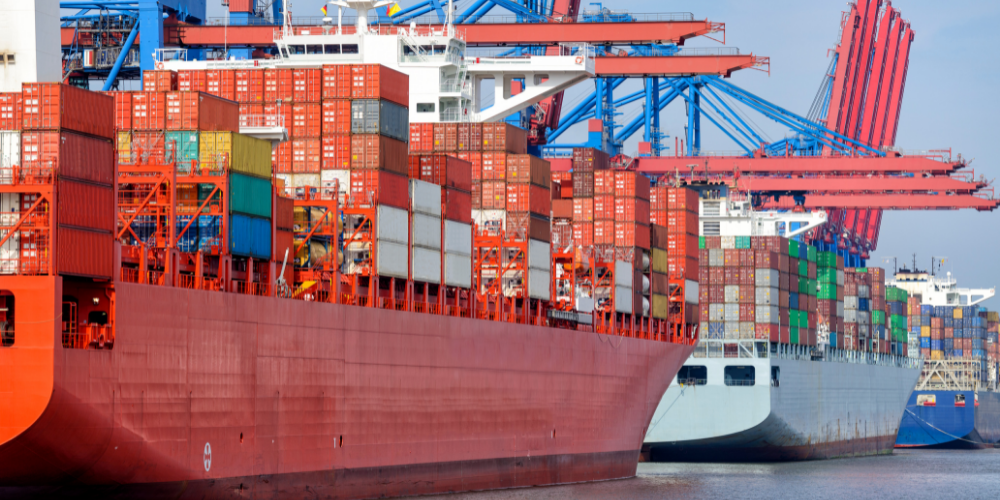
German shipping giant Hapag-Lloyd saw its Q1 net profit more than triple to $4.7bn compared with $1.45bn for the same period of last year.
The company’s results mirror a strong profits report from Danish trade transport firm Maersk recently.
The fifth-ranked global carrier reported that it expected strong first-half results that will “exceed earlier expectations” and raised its full-year earnings forecast by $2.5bn.
Hapag-Lloyd CFO Mark Frese said demand in North America was “still relatively strong”, but there was “lower demand in Europe”, reports Loadstar.
Uncertainty ahead
However, the company warned that its forecasts remain subject to “considerable uncertainty” due to the COVID-19 pandemic and the war in Ukraine.
Considered the bellwether of international trade, Maersk reported a $6.8bn net profit despite a $718m hit on its Russian activities and carrying 7% less volume on its ships. The Danish firm also warned about an uncertain market in the second half of the year.
HMM profits up
As Maritime Executive reports, South Korean national shipping line HMM has also revealed its best quarter ever, bringing in profits of $2.4bn with a margin of more than 60% in the first three months of the year.
Revenue in the first quarter more than doubled year-on-year, driven by freight rates that have risen by about 75% since the same period in 2021.
Looking ahead, HMM predicts continued volatility in the freight market due to the lockdown measures in China and the repercussions of the invasion of Ukraine.
It also pointed to upcoming labour contract negotiations in the US as affecting key terminal operators in LA/Long Beach.
Battery warning
Meanwhile, shipping insurer Allianz has cautioned that the increasing demand for electric cars risks causing a wave of fires on cargo ships, reports the Telegraph.
Bigger vessels carrying as many as 8,000 vehicles concentrate the risk of fire from lithium batteries which can heat up and combust if faulty.
The warning comes two months after a car carrier caught fire and sank into the Atlantic with 4,000 Volkswagen, Porches and Bentley aboard.
Older ships are fitted with fire containment systems that were not designed to cope with chemical fires, Allianz said.



